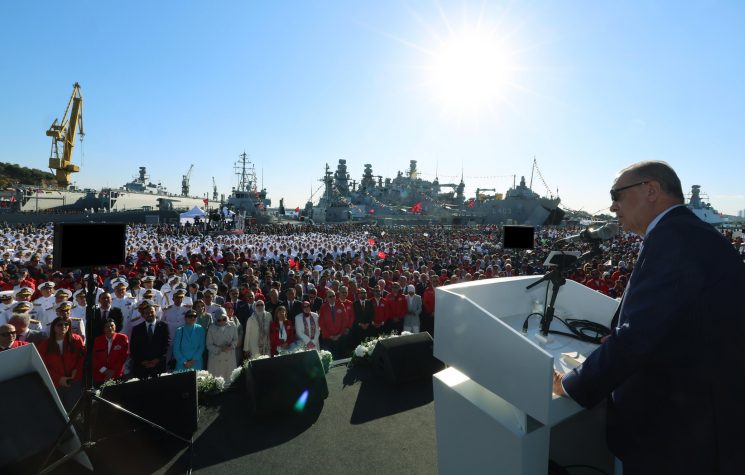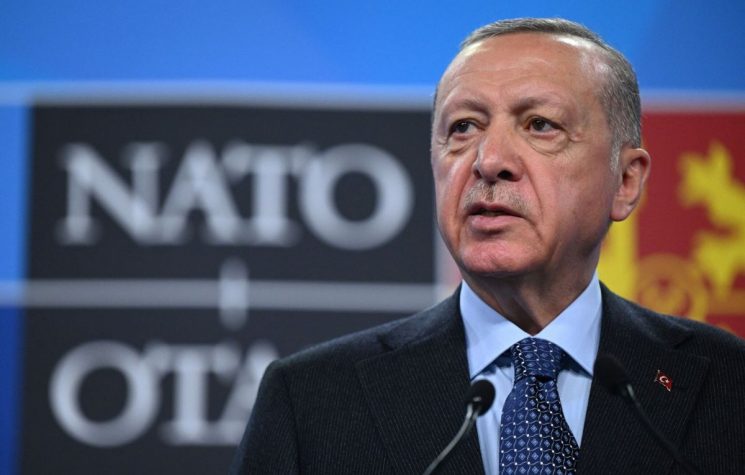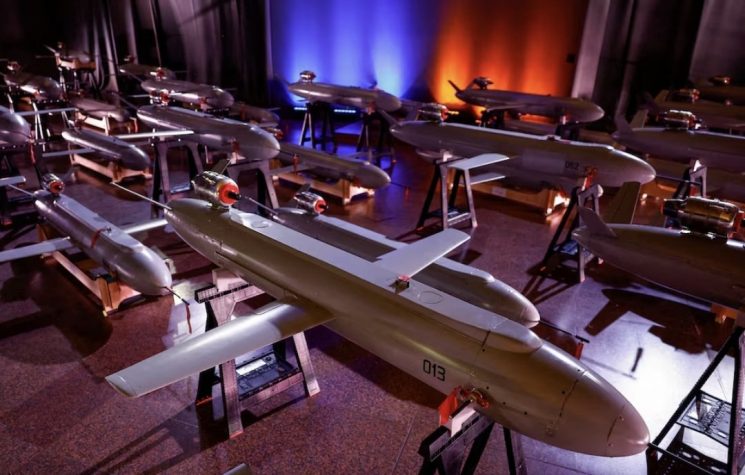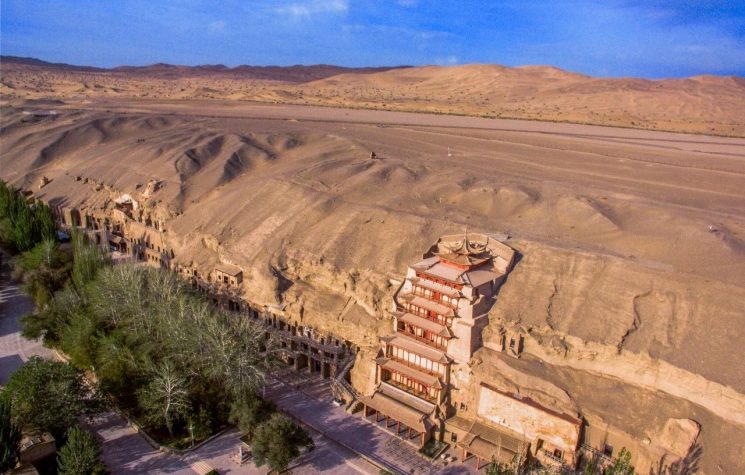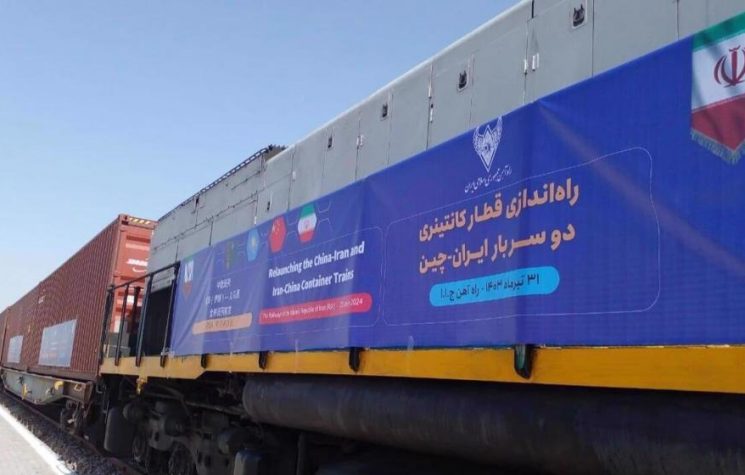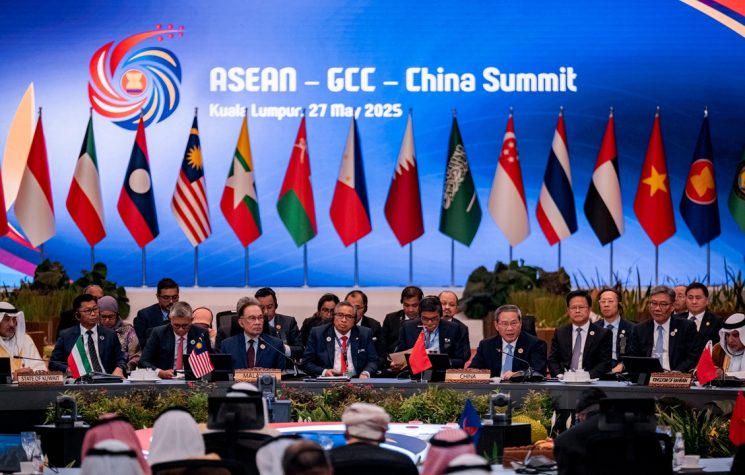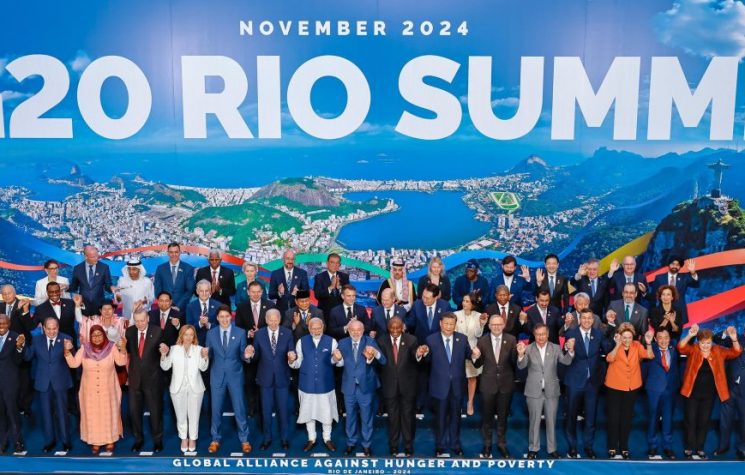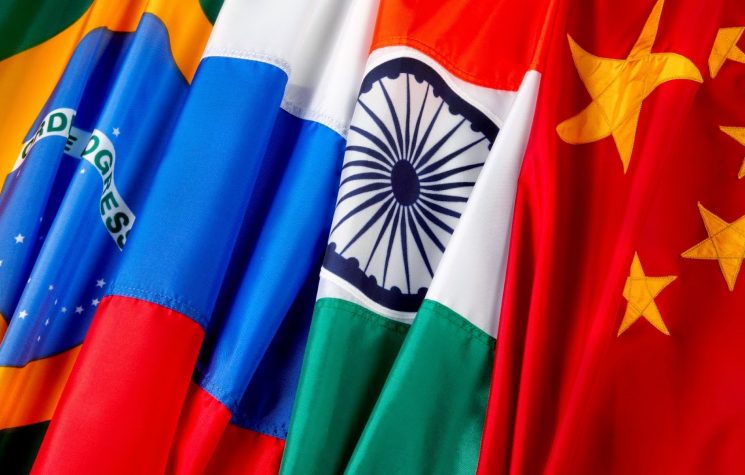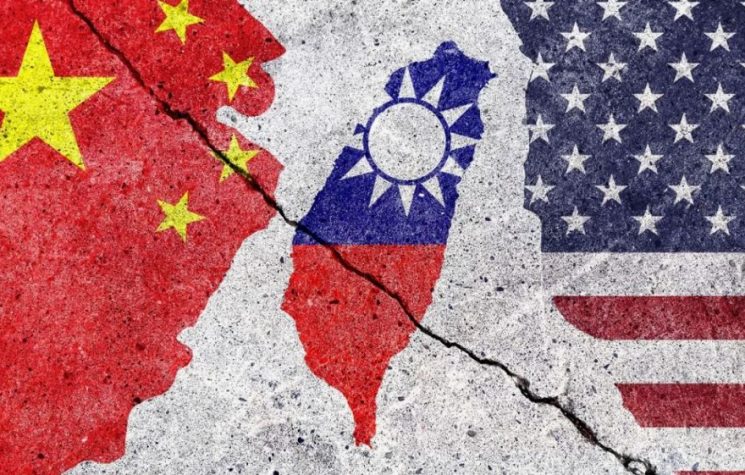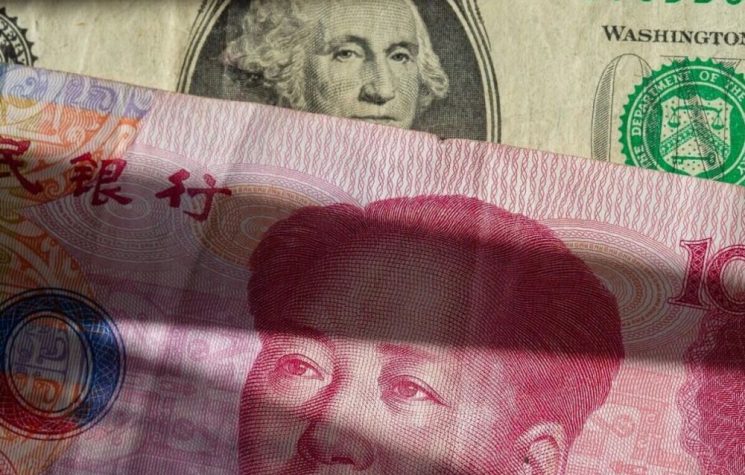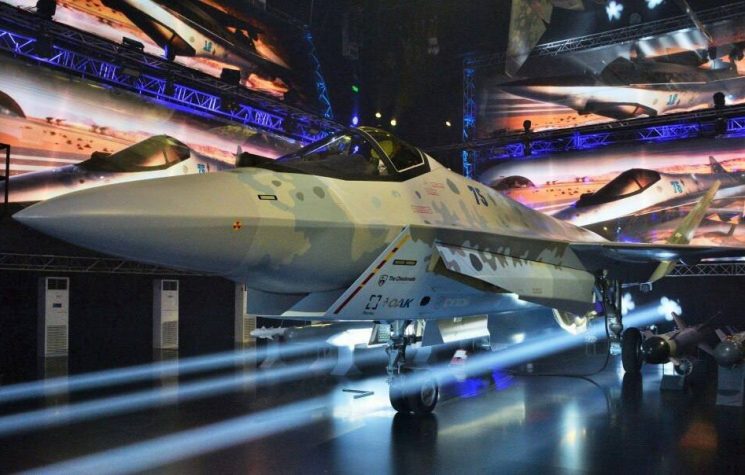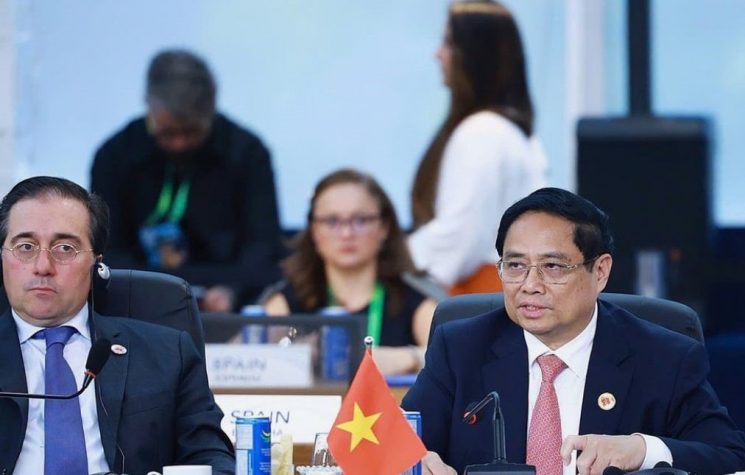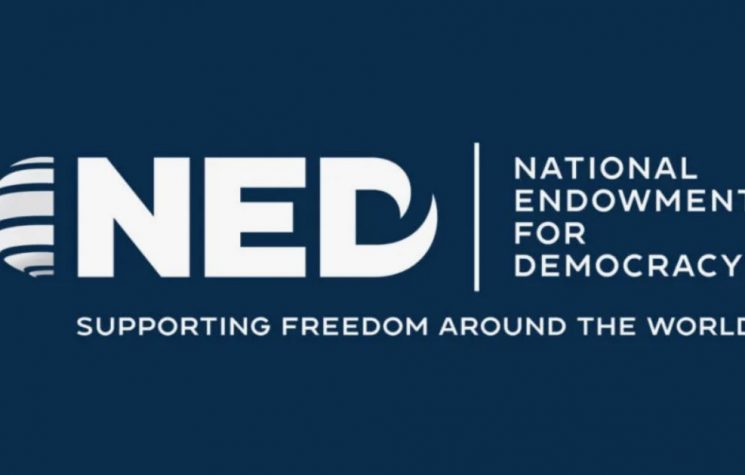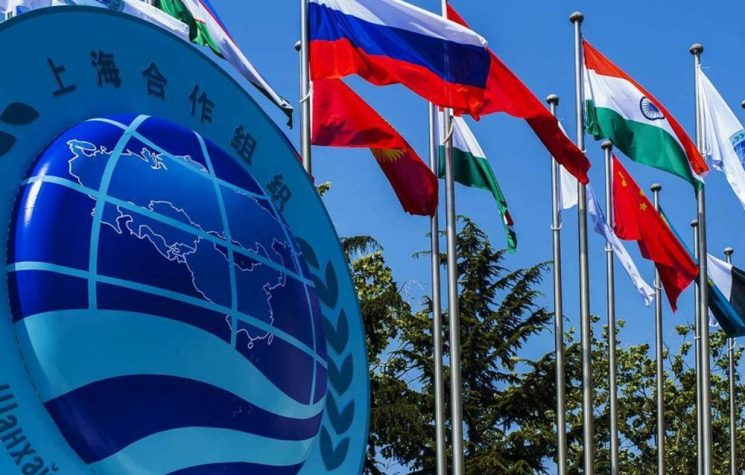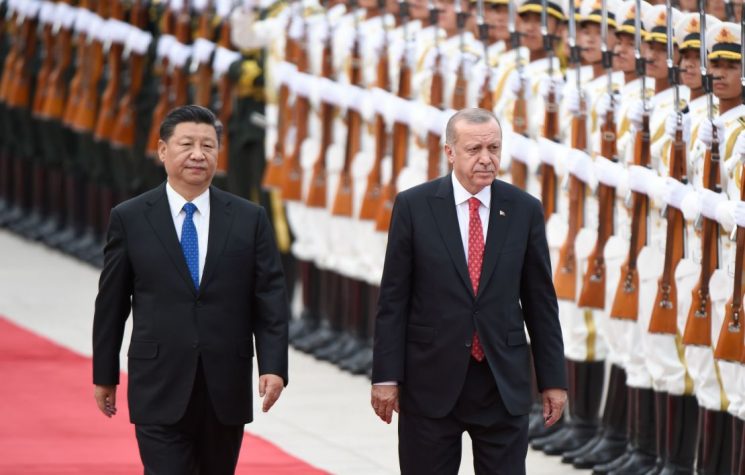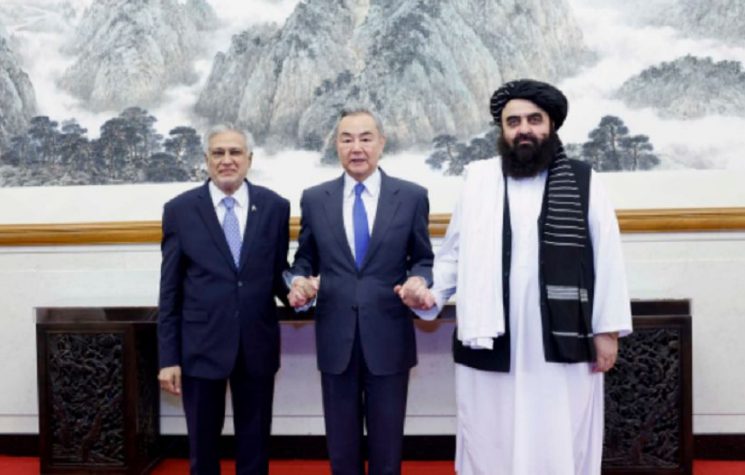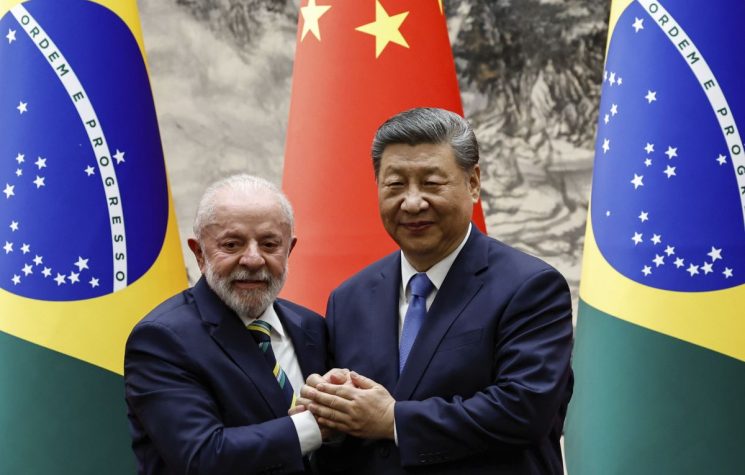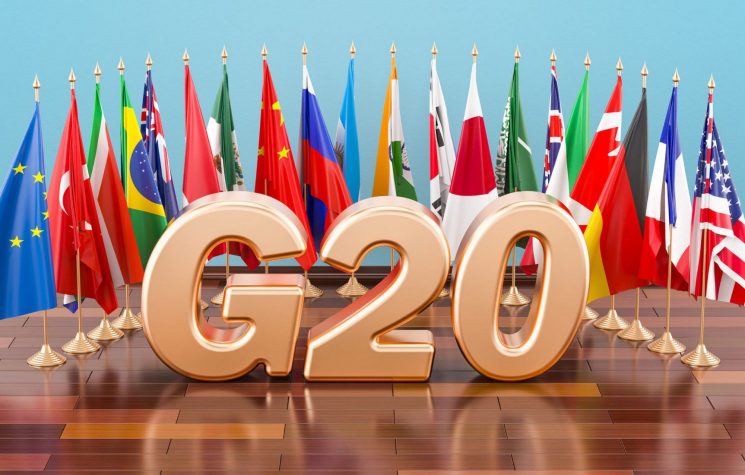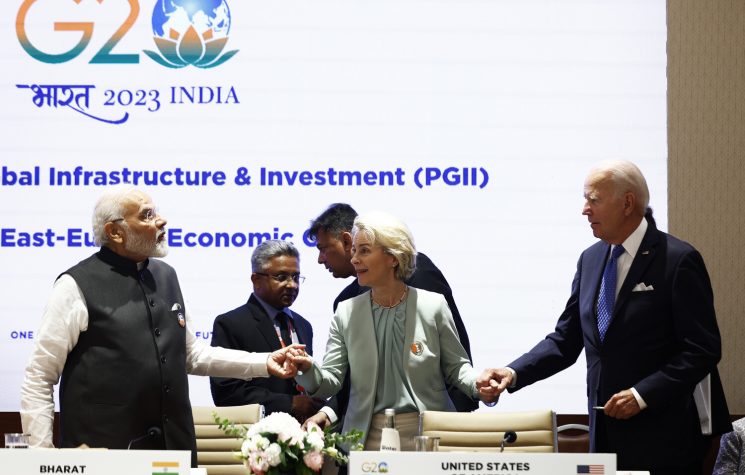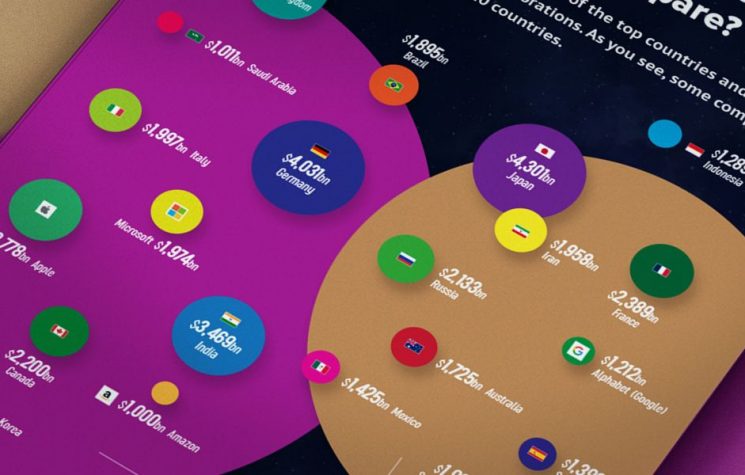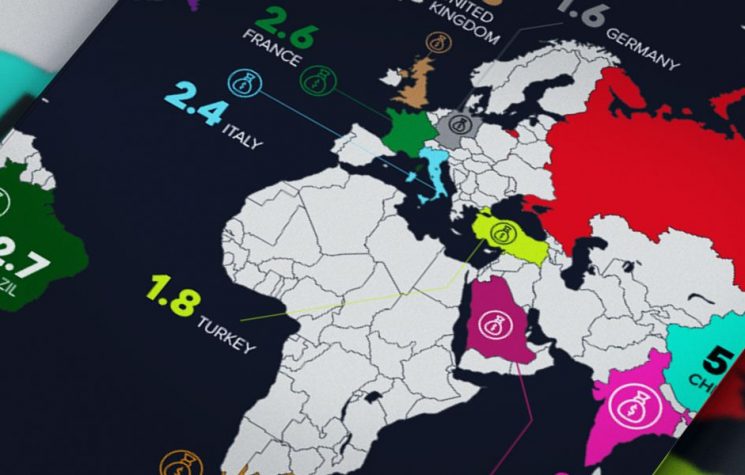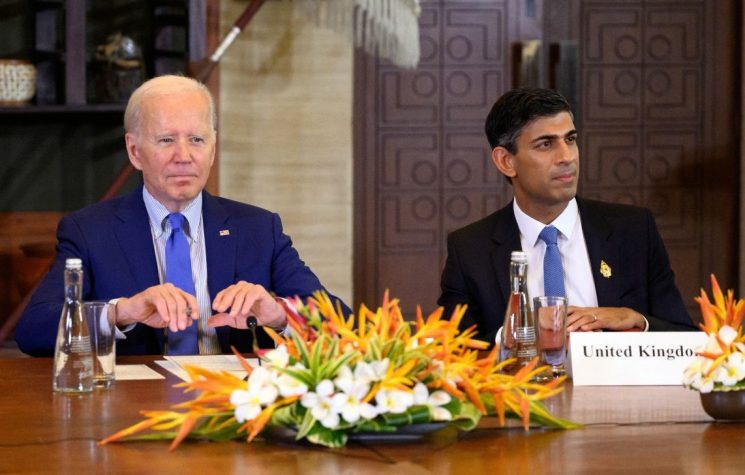For the first time in over half a century, an American President has actually come out attacking the Military Industrial Complex. Of course, everyone knows of President Dwight D. Eisenhower’s famous outgoing 1961 speech warning the world (and the incoming President Kennedy) what sort of monster had arisen at the heart of America’s defense institutions. Very little on the matter was said on the frightening topic by decades of political leaders who rose to prominence in the shadow of JFK’s corpse. Instead, the beast grew like a malignant cancer over the ensuing years as a major branch of the British-run deep state that carried out a coup with Sir Winston Churchill’s Iron Curtain speech in 1946 and the MI6-directed re-organization of American intelligence with the creation of the CIA in 1947.
After John F. Kennedy’s assassination, networks of neoconservative contaminated all branches of government in both parties bringing the USA into a frenzied military doctrine centered on regime change wars, oil-centered geopolitics and unipolarism totally uncharacteristic with the better constitutional traditions of the nation. This geopolitical doctrine nearly drove the west into a full military confrontation with Russia and China in recent years.
The Tide Begins to Turn
On May 20 speaking to Fox News, President Trump echoed Eisenhower’s warnings. Under a coterie of Trump’s war-mongering advisors such as John Bolton, Gina Haspel, Terrence O’Shaughnessy and Mike Pompeo, America has recently been brought to the brink of war with Iran. While Trump has too often accommodated this hive of neocons, his recent statements and repeated calls for cooperation with Russia and China demonstrate a sound push back which should be taken very seriously. In that Fox interview Trump said:
“With all of everything that’s going on, and I’m not one that believes—you know, I’m not somebody that wants to go in to war, because war hurts economies, war kills people, most importantly—by far most importantly.”
You know, in Syria, with the caliphate, so I wipe out 100 percent of the caliphate. That doesn’t mean you’re not going to have these crazy people who run around blowing up stores and blowing up things—these are seriously ill people. I don’t want to say, ‘Oh, they’re wiped,’ you know, ISIS. But, I wiped out 100 percent of the caliphate. I say, ‘I want to bring our troops back home.’ The place went crazy. You have people here in Washington, they never want to leave.”
‘You know what I’ll do, I’ll leave a couple hundred soldiers behind,’ but if it was up to them, they’d bring thousands of soldiers in. Someday people will explain it, but you do have a group, and they call it the military-industrial complex. They never want to leave. They always want to fight.”
Trump continued to explain his preference for economic over military solutions which is certainly in alignment with the Russia and Chinese approach in the Middle East. Both great Eurasian powers have repeatedly stated that the only hope for the Middle East and Africa involves:
1) The cessation of support of said organizations by western geopoliticians and their allies.
2) Programs for long term infrastructure investment to stabilize the conflict torn regions while provide a dynamic of long term thinking emerge. While Putin has come out most forcefully on the former, China has brought its grand Belt and Road infrastructure design to Arab nations with extremely positive results. Over 17 Arab nations have signed cooperation agreements on BRI-connected projects worth $190 billion dollars and Syria’s leadership has explicitly embraced this pathway as the only hope for the future.

















